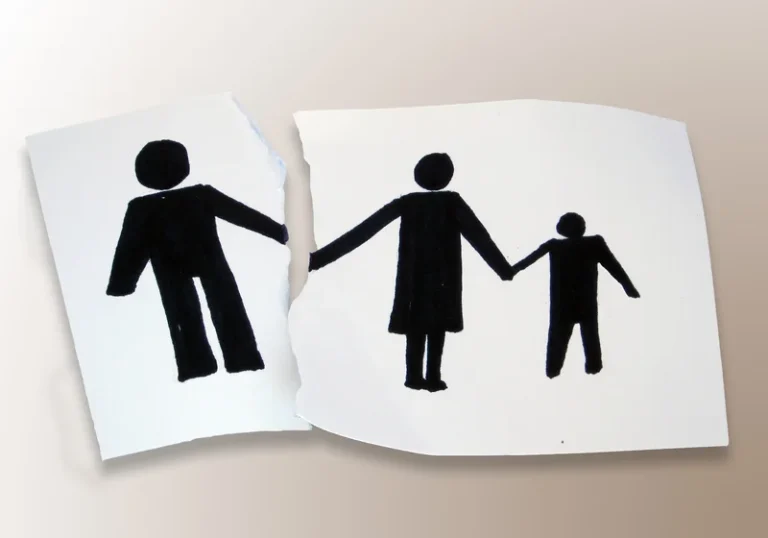How Alcohol Affects Your Eyes Effects Explained

These correlations may contribute to several possible complications or effects on the eyes. Alcohol has been shown to be a trigger for severe migraine headaches in some people. It is a common trigger for people who have migraines, and alcohol can also trigger a headache for some people who don’t otherwise have migraines or headaches. Your overall responses blurry vision after drinking alcohol can slow down while you are under the influence of alcohol. This means that it can take a little longer than usual for your brain to recognize what you are seeing, and it can take longer than usual for you to decide what to do about it. You might not see very well on your right and left sides, which can cause you to ignore objects on your sides.
- Especially in soda and juice, excess sugar fuels the ongoing obesity epidemic, contributing to heart disease, liver disease, cancer and diabetes.
- Possible short-term problems relating to intoxication include blurry vision, changes in color perception, and light sensitivity.
- The study also found an increased risk of developing cataracts among heavy drinkers — those who drank more than two drinks (20 grams of alcohol) a day.
- The consumption of alcoholic beverages is popular worldwide, and it is considered a public health issue due to the serious long-term personal, social, and economic damage [1–3].
- Maintaining a healthy diet and regular exercise routine can support liver health and improve overall well-being.
CHRONIC ALCOHOLISM AND THE EYE
- GABA is also involved in the control of ocular movement, the speed which a monkey performs eye movement can be increased or decreased by injection into SC of GABA agonists or antagonists, respectively [15–16].
- Moreover, assessment of eye movements is relevant due to the essential role of eye movements in performing several everyday activities such as traffic mobility and spatial orientation.
- While the occasional drink may not lead to lasting damage, frequent and excessive alcohol use can cause significant and sometimes irreversible effects on visual health.
- Symptoms of AMD include faded colours, blurry vision, and deteriorating central vision, so early detection and treatment is vital to prevent this.
- If you drink every day, or almost every day, you might notice that you catch colds, flu or other illnesses more frequently than people who don’t drink.
This article reviews how alcohol can affect vision, the possible short- and long-term effects, treatments, and more. Your muscles might not move as effectively while you are under the influence of alcohol. When this happens, you may have blurred vision or double vision due to weakened eye-muscle coordination. As it is, it’s difficult for consumers to determine which sugar alternative carries the fewest health risks. Most of the research is observational, meaning it doesn’t prove cause and effect.
Excessive alcohol consumption also affects your eyesight
Whether you consider yourself a “social drinker” or have struggled with alcohol misuse or addiction, consuming any amount of alcohol consistently over time can have negative physical and psychological consequences. Among its short-term effects are blurred vision and double vision, which can be temporary effects of intoxication, although they typically wear off as the person sobers up or the next day. Alcohol abuse can also contribute to long-term changes to vision such as an increased risk of developing cataracts. In addition, the test used in this study presents areas of decision in which the individual must decide which path to follow to find the way out of the maze. According to Krajbich et al., the evidence that assist in decision are accumulated during the fixations [3]. Our findings showed that that the participants on the alcohol condition had a significantly greater number of fixations in both areas of interest, in comparison to the placebo condition.
Color vision impairment and drinking

Alcohol consumption can temporarily impair visual performance, resulting in double or blurred vision. As a diuretic, alcohol use dehydrates the body, leading to itchy, dry, and bloodshot eyes. Acute alcohol intoxication can also slow pupil reactions to changes in light, which can hinder someone’s vision in bright or dim environments.
How Can I Minimize My Risk of Vision Problems?
Having AMD does not automatically mean you need to completely avoid alcohol, but this largely depends on the stage and type of AMD, as well as the amount you drink. Having other risk factors, such as smoking and genetics, could also play a role. If you have AMD and are concerned about your alcohol intake, consider speaking with a doctor.

It is also thought to be contributed to by the nutritional deficiencies which come with alcohol consumption. In addition to these immediate effects, chronic dehydration from regular heavy drinking can lead to longer-term eye health problems. Therefore, it is crucial to maintain adequate hydration, especially when consuming alcohol. Long-term heavy drinking can cause interference between the brain and the eyes. It may also damage or speed up the aging of various structures inside the eye, such as the lens, retina, and optic nerve.
If you find your eyelids twitch on a regular basis, it may be because of stress, lack of sleep, too much caffeine or a vitamin deficiency. Our approach is holistic, addressing not only the physical symptoms of alcohol addiction like alcohol eyes but also the psychological, social, and behavioral aspects. The quantity of alcoholic beverage ingested by each participant was calculated through Dosagem software, which was developed in the Perception, Neuroscience, and Behavior Laboratory and adapted based on the equations suggested by Brick [42] (see in [3]).
However, when overburdened by alcohol, it can suffer significant damage, leading to severe health problems. Recognizing the signs of liver issues from drinking too much can be life-saving, allowing you to seek medical intervention before the damage becomes irreversible. This article will explore the various signs that indicate your liver may be suffering due to excessive alcohol intake, providing you with the knowledge to take proactive steps toward better health.


